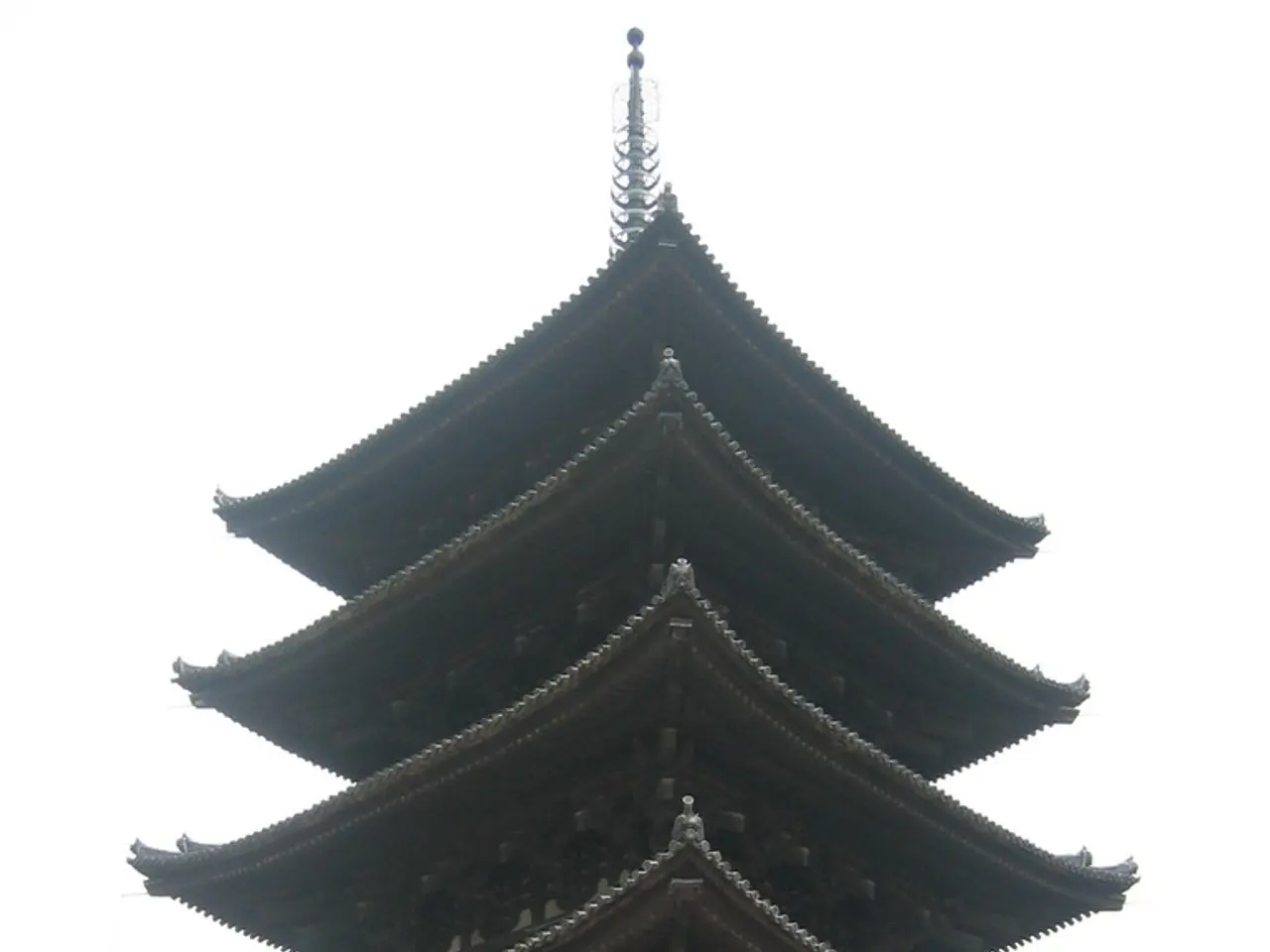"India-China relationships show signs of improvement: Modi and Xi's meeting in Tianjin highlights a thawing of tensions"
India and China Restore Ties: Modi and Xi Jinping Meet in Tianjin
In a significant development, Indian Prime Minister Narendra Modi met with Chinese President Xi Jinping in Tianjin on 31 August, marking his first visit to China in seven years and his first bilateral meeting with Xi Jinping in the country since 2018. This meeting, which lasted longer than scheduled, signalled a positive momentum in India-China relations, especially after years of strain following the 2020 Ladakh border clashes.
Both leaders confirmed that their special representatives had reached a border management agreement, ensuring peace along contested frontiers. This agreement, according to Modi, has created an atmosphere of peace and stability. The talks between the two leaders covered sensitive issues such as border management, trade, and civilisational cooperation.
Modi thanked President Xi for inviting him to the SCO Summit and congratulated China on its successful chairmanship of the organisation. Xi Jinping, in response, described India and China as the "dragon and the elephant" that must come together to promote peace, prosperity, and multipolarity.
The India-China relationship, Modi noted, affects not only the 2.8 billion people directly but also global welfare. Both leaders pledged to uphold multilateralism, multipolarity, and democratisation of international institutions, reinforcing their commitment to a world order less dependent on Western dominance.
Another significant aspect of the meeting was the agreement to restart direct air connectivity, strengthening people-to-people ties and business opportunities. The resumption of the Kailash Mansarovar Yatra also marked a symbolic and cultural step towards confidence-building.
The meeting took place against the backdrop of rising US tariffs on both India and China and amid Beijing's leadership of the SCO. Xi Jinping emphasized the importance of the 75th anniversary of China-India diplomatic relations and the need to handle ties from a strategic and long-term perspective.
Modi emphasised that the India-China relationship should move forward on the principles of mutual trust, respect, and sensitivity. The Tianjin meeting reflects a pragmatic approach by both leaders, focusing on cooperation within the SCO framework, regional stability, and economic engagement.
The optics of Modi and Xi projecting unity will likely unsettle Washington, which has sought to limit Beijing's rise and deepen its own ties with New Delhi. However, both leaders discussed the need for India and China to work together to stabilize the global economic order.
A crucial role in reviving India-China ties was played by a secret letter from Xi Jinping, which played a significant role in discreetly initiating a rapprochement between China and India starting in March 2025, contributing significantly to improving bilateral relations and facilitating Modi's Beijing visit, despite challenges in trust-building and managing unresolved border disputes.
In conclusion, the Tianjin meeting between Modi and Xi Jinping marks a significant step forward in the India-China relationship, with both leaders committing to peace, stability, and cooperation. The focus on economic engagement and regional stability within the SCO framework is expected to have far-reaching implications for both countries and the world at large.
Read also:
- Impact of Alcohol on the Human Body: Nine Aspects of Health Alteration Due to Alcohol Consumption
- Understanding the Concept of Obesity
- Lu Shiow-yen's Challenging Position as Chair of the Chinese Nationalist Party (KMT) Under Scrutiny in Donovan's Analysis
- Tough choices on August 13, 2025 for those born under Aquarius? Consider the advantages and disadvantages to gain guidance








